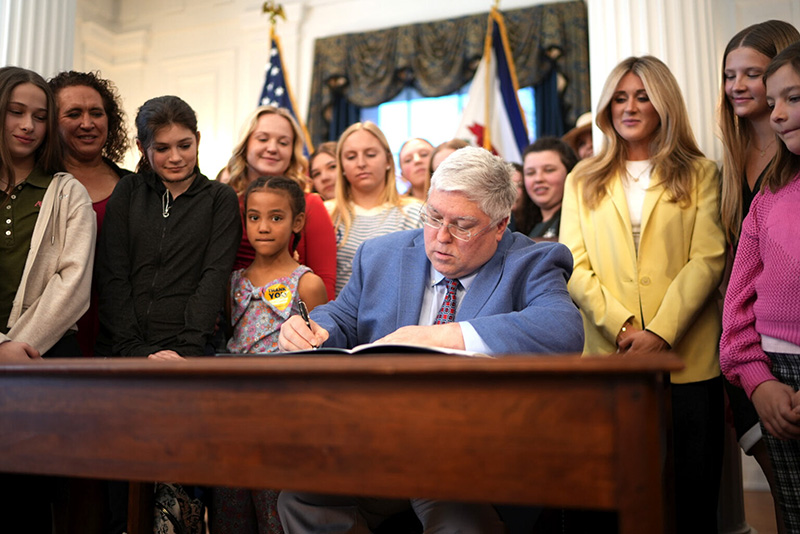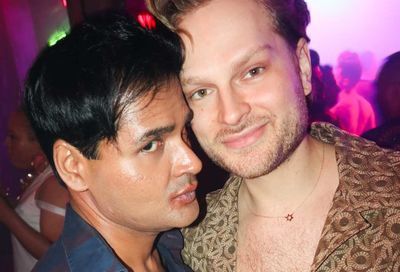Maryland Falls Short
Despite the failure of marriage equality and gender nondiscrimination bills, activists vow to continue the fight in 2012
Close, but no cigar.
Despite large socially conservative Catholic and African-American populations, heavily Democratic Maryland was seen by many at the start of 2011 as primed for marriage equality.
But the bill to legalize same-sex marriage died without a vote in the House of Delegates in March, despite passing what many believed to be its biggest hurdle – the more conservative-leaning Maryland Senate – in February 2011.
Since the defeat of the marriage bill, advocates, including the state’s LGBT civil rights group Equality Maryland, have vowed they will fight to pass a marriage-equality bill during the 2012 legislative session. Gov. Martin O’Malley (D) has since come out in support of such a bill.
But despite the failure of the Legislature to pass marriage equality, same-sex couples legally married in other states are meeting with success in terms of having their relationships recognized in Maryland. Stemming from a 2010 opinion by Maryland Attorney General Doug Gansler (D), individual county governments and school systems have either adopted policies or acquiesced to arbitration agreements and lawsuits recognizing out-of-state, same-sex marriages as valid. As a result, same-sex couples married elsewhere are entitled to the same spousal benefits their straight Maryland counterparts enjoy.
Some progress was also made in 2011 at the Maryland county and municipal levels in terms of gender rights. Still, legislators failed to see statewide passage of a bill providing for nondiscrimination with regard to public accommodations for transgender people.
The Maryland House of Delegates introduced and passed a gender identity bill that would have prohibited discrimination against transgender people in the areas of housing, employment, licensing and commercial leasing. Some activists opposed the bill because it left out public accommodations discrimination.
The bill made it to the Senate, passed out of committee, only to be returned to committee on a 27-20, effectively killing it for the legislative year.
Similar legislation has been passed on a county and municipal level, with Baltimore City, Montgomery County and, most recently, Howard County prohibiting discrimination based on gender identity and expression.
The state in 2011 also saw the creation of Gender Rights Maryland, a new civil rights organization that seeks to educate members of the public about transgender issues while pushing for the passage of a comprehensive nondiscrimination bill regarding transgender individuals’ access to housing, employment and public accommodations. With regard to marriage, Marryland Etc. started June 6 with marriage in mind. A new coalition, the Maryland Marriage Coalition, formed in July with the same agenda.

Support Metro Weekly’s Journalism
These are challenging times for news organizations. And yet it’s crucial we stay active and provide vital resources and information to both our local readers and the world. So won’t you please take a moment and consider supporting Metro Weekly with a membership? For as little as $5 a month, you can help ensure Metro Weekly magazine and MetroWeekly.com remain free, viable resources as we provide the best, most diverse, culturally-resonant LGBTQ coverage in both the D.C. region and around the world. Memberships come with exclusive perks and discounts, your own personal digital delivery of each week’s magazine (and an archive), access to our Member's Lounge when it launches this fall, and exclusive members-only items like Metro Weekly Membership Mugs and Tote Bags! Check out all our membership levels here and please join us today!




















